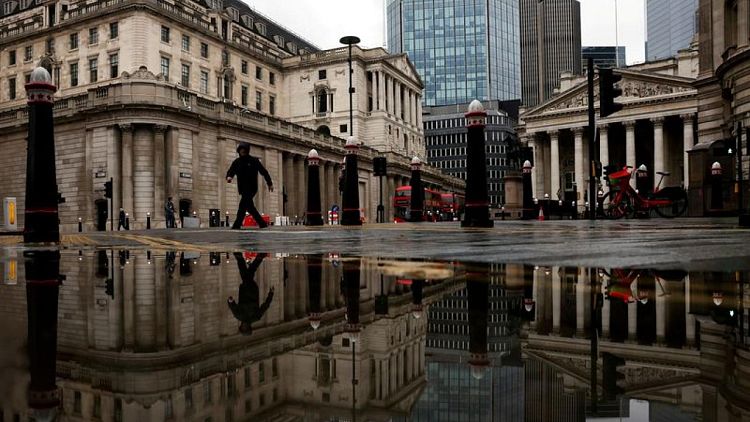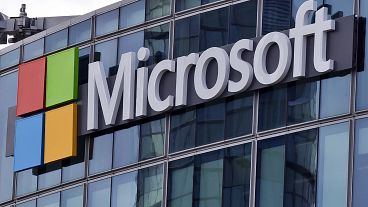LONDON - The Bank of England is "addicted" to the nearly 900 billion-pound ($1.25 trillion) bond-buying programme which it has used to steer Britain's economy through the crises of the past decade, the chair of a parliamentary committee said.
The BoE must spell out more clearly why it is not reining in its huge stimulus in the face of rising inflation, the Economic Affairs Committee in the House of Lords, parliament's unelected upper house, said in a report published on Friday.
Like other central banks, the BoE resorted to quantitative easing (QE) in the depths of the 2008-09 financial crisis having cut interest rates, its traditional tool, close to zero.
The stock of mostly government bonds rose through the decade before almost doubling in size since the onset of the coronavirus pandemic to about 840 billion pounds now. That total is set to hit 895 billion pounds by the end of 2021 when the BoE is due to complete its current round of purchases.
EAC chair Michael Forsyth said the programme - equivalent to about 40% of British annual economic output - required more answers from the BoE about its effectiveness and its impact on wealth inequalities.
"The Bank of England has become addicted to quantitative easing," Forsyth, a member of Prime Minister Boris Johnson's Conservative Party, said.
"QE is a serious danger to the long-term health of the public finances. A clear plan on how QE will be unwound is necessary, and this plan must be made public."
Members of the committee include former BoE Governor Mervyn King who launched the BoE's asset purchase programme in 2009.
The EAC's report said it was apparent that the BoE was buying bonds to finance the government's borrowing during the COVID-19 pandemic, putting at risk its credibility.
In response, the BoE said its purchases sought only to stabilise the economy and financial markets, in line with its public mandate.
"It is wrong to suggest that the Monetary Policy Committee has pursued another policy, namely to finance the government's borrowing during the crisis," a BoE spokesperson said.
"The evidence does not support this assertion. Nor has the MPC ever suggested this was its policy."
Two BoE policymakers said this week that the time for the BoE to start to ease off on its stimulus might be approaching as the economy bounces back from its nearly 10% crash last year and inflation rises further above its 2% target.
($1 = 0.7214 pounds)



